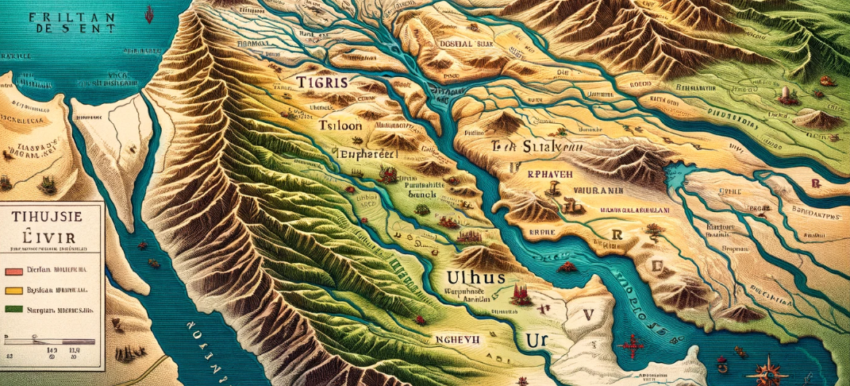Assyria was a powerful and historical region located in the ancient Near East, occupying present-day northern Iraq, northeastern Syria, southeastern Turkey, and the western fringes of Iran. The foundations of the Assyrian civilization were laid as early as the 25th century B.C., speculated based on ancient artefacts and inscriptions, and its existence spanned through various epochs like the Early, Middle and Neo-Assyrian periods. Known for its military might, innovative warfare techniques, and advancements in a variety of disciplines, including education, art, architecture, and administration, the Assyrian civilization was one of the significant cradles of human civilization. The ultimate peak of the Assyrian power was reached during the reign of the Neo-Assyrian Empire (911 B.C.–609 B.C.). It is during this period that it grew exponentially, annexing surrounding territories and establishing itself as one of the largest empires of the ancient world. Assyrians were skilled engineers and craftsmen, and their innovative advancements in military technology, as well as the practice of deporting conquered peoples, helped to maintain their sweeping domination. Despite its eventual downfall in 612 B.C., the legacy of the Assyrian civilization continues to have a significant influence on modern society, as it played a key role in shaping the cultural and historical landscape of the Near East.
 |
 |

